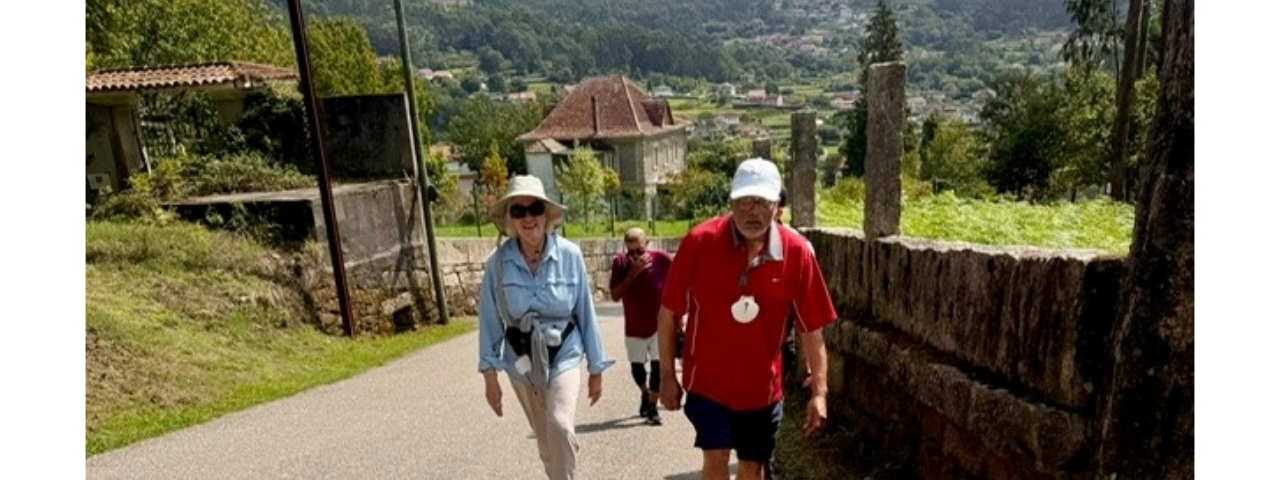Body
Meilita Pilkionis, 16, suffered a spinal stroke in November that paralyzed her — all feeling and movement from the neck down was gone. It’s a day ingrained in the mind of her mother, Indre Petrauskaite, a Palos Hills resident.
According to Dr. David Chen, section chief of spinal cord injury for Shirley Ryan AbilityLab, although spinal strokes aren’t as common as strokes in the brain, spinal strokes occur for similar reasons as brain strokes — loss of blood flow or a bleed. A disruption in the blood can cause injury or damage to tissues and can block messages (nerve impulses) traveling along the spinal cord. Petrauskaite said her daughter’s nerves didn’t get oxygen, which is carried by blood.
“Typically, individuals who develop spinal strokes are usually middle to older age individuals,” Chen said. “Young individuals are a little bit more unusual and rare. It’s those individuals where, oftentimes, you can’t find underlying reasons why an individual this young would develop a condition like this.”
Mentioned Profile

David Chen, MD
George M. Eisenberg ChairBody
Petrauskaite said her daughter will stay at Shirley Ryan AbilityLab until March 25, but Pilkionis is determined not to come home in a wheelchair. Instead, she’s making plans to pick up where she left off — hanging out with friends.
“I miss driving around and the feeling of walking and being able to shower on my own every day,” Pilkionis said. “I’m going to try teaching my little brother how to play tennis.”
Since November, Pilkionis has made strides in her recuperation. Now at the Shirley Ryan AbilityLab, Pilkionis is doing rehabilitation the majority of each day, according to her mom. It took Pilkionis a month and a half to talk, and now she is off the ventilator for three hours a day. Pilkionis says her right side is getting stronger, but her left side is “not waking up still.”
Help from family and friends is getting both mother and daughter through this. Petrauskaite’s sister traveled from Lithuania to help care for her 2-year-old son, Edward (who Pilkionis has only been able to see through FaceTime since her stroke.) Slezak, who used to see Pilkionis up to five times a week on the tennis courts, stays in touch with Petrauskaite “pretty much every day through text or call.”
Chen said atherosclerotic disease can be an underlying condition that causes some spinal strokes.
“A narrowing of the arteries and the vessels that go to the spinal cord can be sufficient enough to cause a loss of blood flow to that area and therefore cause the spinal stroke,” he said. Chen added that spinal stroke victims oftentimes can recover very well, and even if they don’t, they’re able to resume as close to a normal life, in terms of function, as someone who doesn’t have this condition.
Read the full story on the Chicago Tribune.

